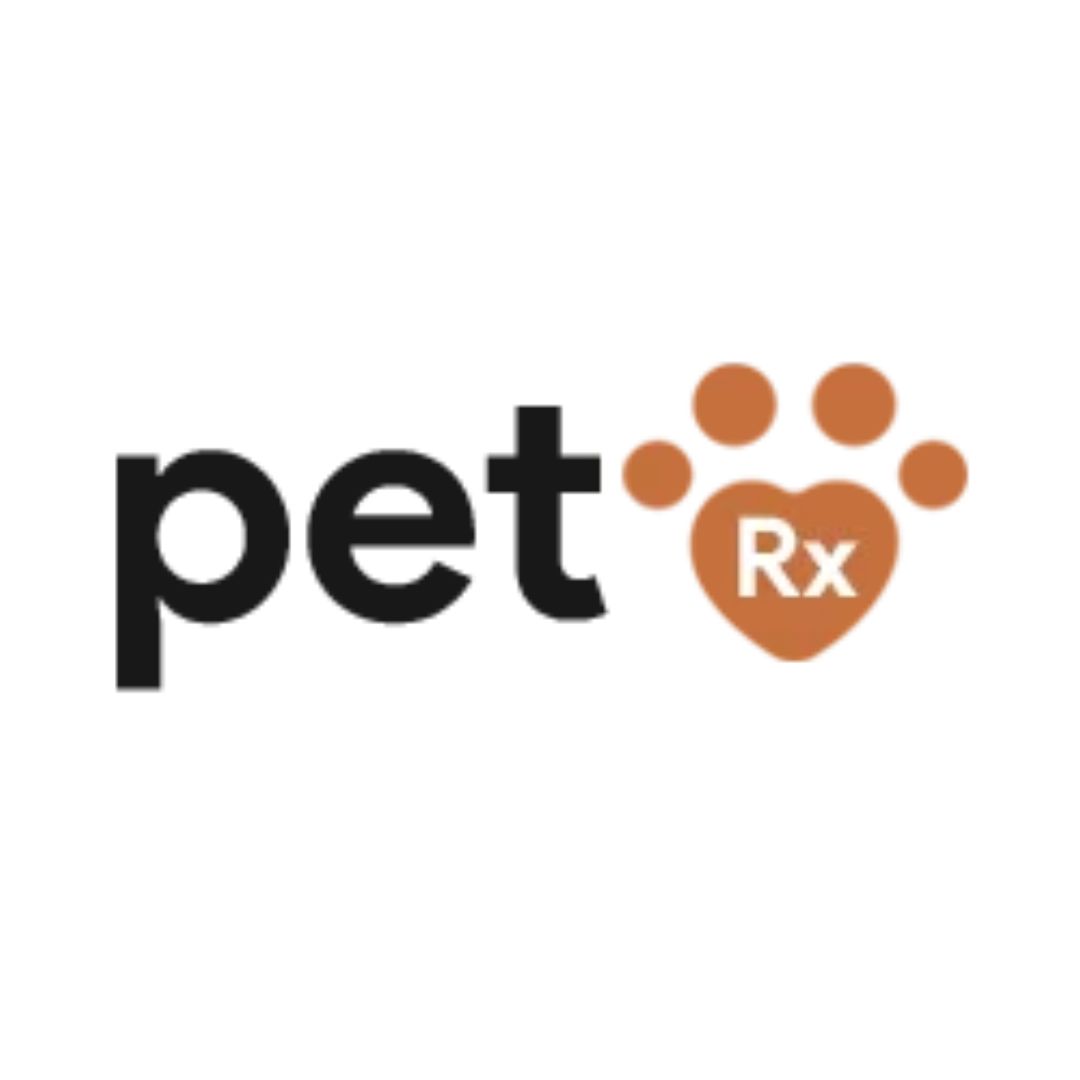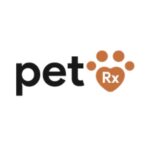

Introduction
Feeding your dog or cat seems simple—fill the bowl and you’re done. But the truth is, your pet’s overall health, energy, mood, and lifespan depend heavily on what goes into that bowl every day. Good nutrition isn’t just about buying the most expensive food; it’s about understanding what your pet needs and how to give it to them consistently. In this guide, we’ll walk through practical and easy-to-follow nutrition tips that help your pets thrive.
1. Choose High-Quality Protein Sources
Protein is the foundation of your pet’s diet. Dogs and cats need high-quality animal-based protein to build muscle, support growth, and maintain healthy body functions.
Tips for Protein
Look for real meat as the first ingredient such as chicken, beef, salmon, or turkey.
Avoid foods listing “meat by-products” or vague labels like “animal meal.”
Cats are obligate carnivores, meaning they require more protein than dogs for proper health.
If your pet is losing muscle, seems tired, or avoids food, their diet may be lacking proper protein.
2. Include Healthy Fats for Skin, Coat & Energy
Healthy fats keep your pet’s coat shiny, support brain health, and provide long-lasting energy.
Healthy Fat Tips
Choose foods containing omega-3 and omega-6 fatty acids.
Fish oil supplements can improve joint mobility and reduce inflammation.
Avoid overly fatty table scraps—these can cause pancreatitis.
Fats aren’t the enemy; like humans, pets need the right fats.
3. Don’t Ignore Carbohydrates—But Keep Them Balanced
While dogs can handle moderate carbohydrates, cats have a lower tolerance. Carbs should enhance your pet’s diet, not dominate it.
Smart Carb Choices
Opt for whole grains such as brown rice, oats, or barley.
Sweet potatoes and peas are excellent energy-boosting carb sources.
Avoid fillers like corn, soy, and wheat if your pet has sensitivity issues.
Carbs should support energy, not become the main ingredient.
4. Vitamins and Minerals Matter More Than You Think
Micronutrients play a huge role in your pet’s immune health, bone strength, and metabolism.
Ways to Improve Vitamin Intake
Choose complete and balanced commercial pet foods.
Add small amounts of safe fruits like blueberries or pumpkin.
Avoid giving human vitamins unless your vet approves them.
Deficiencies can lead to fatigue, skin problems, and slowed growth.
5. Hydration: The Most Overlooked Nutrient
Water keeps your pet’s body functioning properly just like ours. Dehydration can lead to kidney problems, constipation, and low energy.
Hydration Tips
Provide fresh water at all times.
Add water or broth to dry kibble to increase moisture intake.
Consider wet food for cats, who naturally drink less water.
If your pet’s urine is very dark or they pant excessively, they may be dehydrated.
6. Understand Portion Control
Overfeeding is one of the most common causes of obesity in pets. Excess weight leads to joint pain, diabetes, heart strain, and shorter lifespans.
Portion Control Tips
Follow your pet food’s feeding guide—but adjust based on activity level.
Avoid free-feeding cats if they tend to overeat.
Use a measuring cup for consistency.
Healthy weight = healthy life.
7. Avoid Toxic Human Foods
Some foods that are safe for humans can be extremely dangerous for pets.
Never Feed Your Pet:
Chocolate
Grapes or raisins
Onions and garlic
Caffeinated drinks
Alcohol
Xylitol-sweetened products
When in doubt, stick to pet-approved treats only.
8. Add Fresh Foods in Moderation
Fresh foods can boost nutrition, but balance is key. Too much of anything—even healthy food—can upset your pet’s stomach.
Healthy Add-Ins
Small pieces of cooked chicken or fish
Pumpkin for digestion
Blueberries for antioxidants
Carrots for a crunchy, low-calorie snack
Avoid seasoning, oils, salts, and spices.
9. Pay Attention to Life Stage Nutrition
Your pet’s nutritional needs change as they age.
Life Stage Guidelines
Puppies and kittens need calorie-dense diets for growth.
Adult pets need balanced food to maintain weight and energy.
Senior pets require joint support, lower calories, and easily digestible nutrients.
A quick dietary shift can make a big difference in health and comfort.
10. Consult Your Veterinarian Regularly
Every pet is unique. A diet that works for one pet may not work for another.
Your vet can help identify allergies, recommend the best diet, and suggest trusted nutritional products such as those offered by The Pet Rx, ensuring your pet receives reliable and effective health support.
Conclusion
Good nutrition is the foundation of a long, energetic, and healthy life for your dog or cat. With a little awareness and the right choices from quality protein to balanced portions—you can dramatically improve your pet’s overall wellness. Remember, feeding your pet well isn’t just a responsibility; it’s a loving investment in their happiness and longevity.








